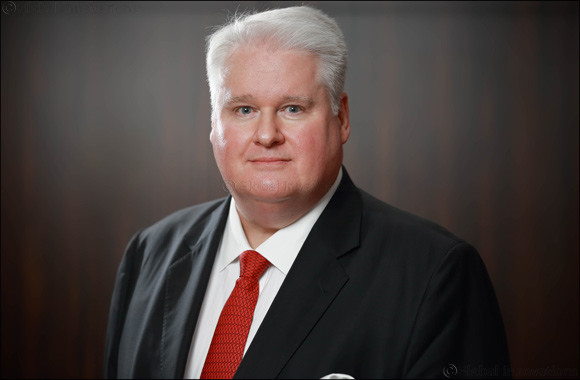
Debate about auditor scepticism must address public concerns, says ICAEW
- Structural changes are needed within the firms: firms increasingly acknowledge that if their plans to exercise scepticism in higher risk areas are to survive contact with the first deadline, structural changes are needed to methodologies, working practices, training, recruitment and retention, to support and encourage scepticism in the field.
- Auditors are not the only people who can or should exercise scepticism: auditors and audit regulators are challenging other stakeholders in the wider financial reporting supply chain, particularly preparers, to practice what they preach by exercising scepticism themselves. Auditors are also challenging regulators to be more open about ‘what good looks like’.
- Scepticism is about quality, not quantity: scepticism is about asking the right questions, not simply a lot of them, and about not accepting the first answer. It is also clearly about having the experience to recognise what can go wrong, and the structures in place to ensure that those without that experience – junior audit staff – learn to apply it from those who do.
- Firms should not send out mixed messages: they should not encourage scepticism in the classroom, but discourage it in the field. Everyone involved, particularly junior staff, needs time to develop, exercise and enhance their sense of what might be wrong. For junior staff to learn from their own mistakes, budgets may need to accommodate the pursuit of a few ‘unprofitable’ lines of enquiry.
- A requirement to seek out contrary evidence will not enhance the exercise of scepticism: auditing standards and professional ethics require auditors to exercise professional scepticism throughout the audit and in specific areas. The International Auditing and Assurance Standards Board (IAASB) will consider in more detail whether auditors should be required to seek out contradictory, as well as corroborative audit evidence in the near future. Its preliminary deliberations are aligned with the views of those interviewed: requiring auditors to seek out such evidence does not seem feasible, desirable or necessary within the current framework. To do so would result in a fundamental shift towards a more adversarial approach that would at best inhibit the open, robust and frank dialogue between auditors and management and, at worst, close it down. What is required is for auditors to provide a robust challenge to management, to test assumptions and to consider in detail what it would take to invalidate management’s assertions, and the likelihood of that happening.
- To be sceptical, auditors first need experience and an intimate understanding of the business. They then need to step aside. Specialist knowledge and an intimate knowledge of a business may lead to groupthink, but without them auditors cannot mount an effective challenge to management. Asking ‘stupid’ questions in the absence of such knowledge has value, but it is limited. Auditors need a bank of experience to enable them to react quickly in a changing environment. They also need to be able to step back and consider the bigger picture.
Home >> Business and Economy Section
Emirates expands its Premium Economy offering on services to Male and Colombo
du launches Experience X internship program to empower UAE national youth
Experience Art, Adventure, and Heritage at Dubai Culture's Summer Camps 2025
DAFZ Announces Opening of Fakeeh Health's First Smart Clinic in Dubai
Big Wins Continue with PrivilegePLUS at Mercato & Town Centre Jumeirah!
Christophe Robin's Summer Travel Essentials for Good Hair Days
Dubai Airports launches DXB Greet & Go: a smart, QR code-based pickup service at Terminal 3
Dubai Sports World Returns for Action-Packed August Edition
The World Between Lines and Symbols: An Interactive Art Workshop at Mohammed Bin Rashid Library
